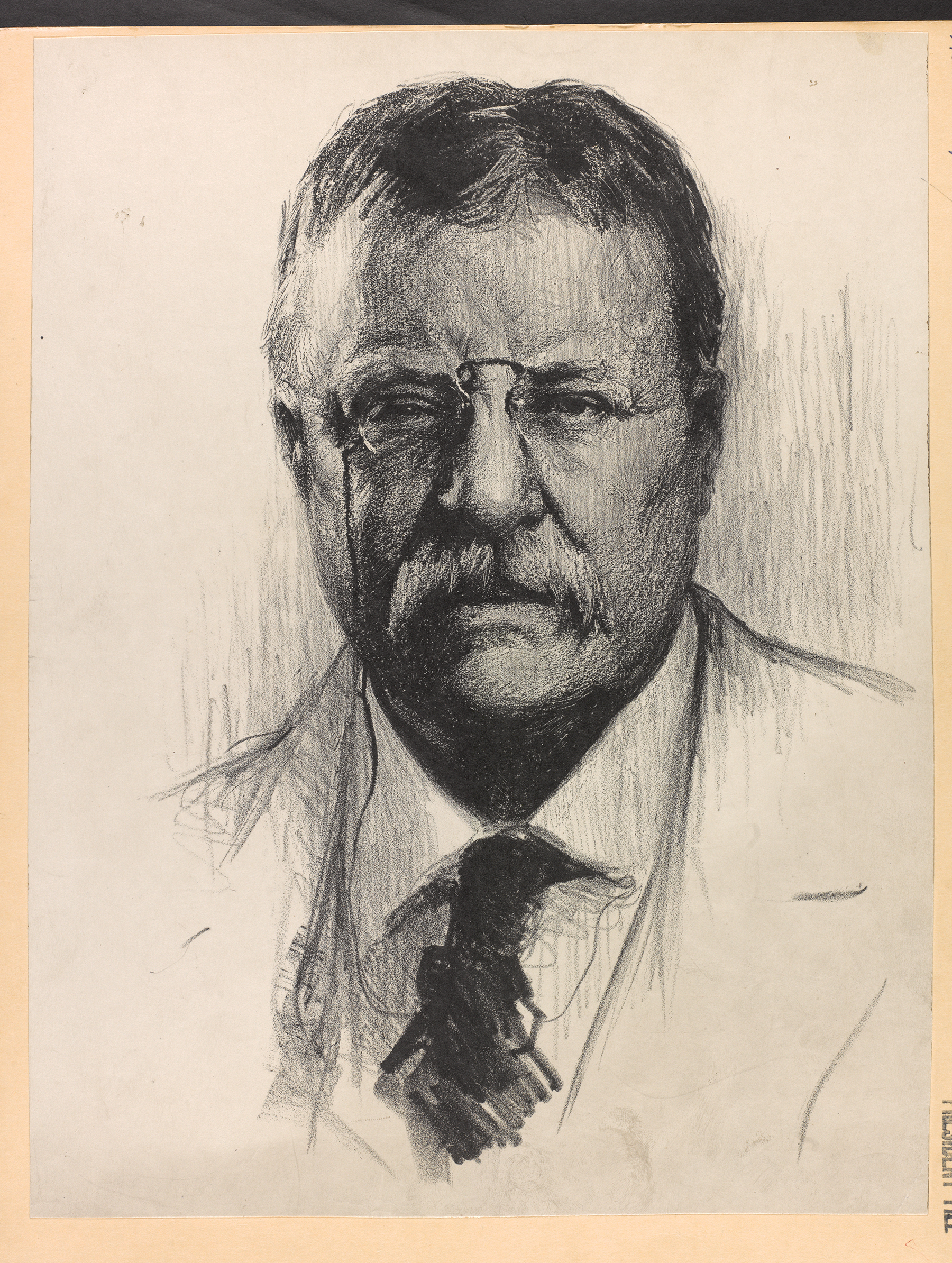- Joined
- Jan 25, 2016
- Messages
- 25,997
- Reaction score
- 23,652
He is. There is no country without Washington, and being the first POTUS was merely the third most important title he ever held. Similarly, there is no country at least as we know it without Lincoln. It's objectively just not possible to surpass either IMO, and the question posed for the thread isn't about GOAT but merely between the two Roosevelts themselves or more broadly the greatest of the 20th century (perhaps even of the last 160 years, post-Lincoln), and I'd say they are indeed 1/2 there.
I totally agree. Washington and Lincoln are kind of in a category of their own and no one else can ever really compete for 1 and 2 at the moment. The things those 2 had to do were on a completely different level. If Washington wasn't a man among men that would have been it for America meet the new boss same as the old boss. He could have made himself a king and I don't know many men myself included that could resist that temptation. That fact alone makes it almost impossible to take the top spot from him.
Then Abraham Lincoln had to hold the line no matter what and a big part of the thanks he gets is jerk offs calling him a tyrant on YouTube. No Lincoln and we are probably a totally different country for sure. John Wilkes booth is a cunt and I hope there's a special place in hell for the guy.
But I do think putting fdr in third place seems fair. Mount Rushmore really is the Mt Rushmore of presidents. Presidents should start trying to live up to their standards I'd love should we add so and so to be a sherdog argument worth having. I'm not sure men come in that caliber anymore.
Last edited:










